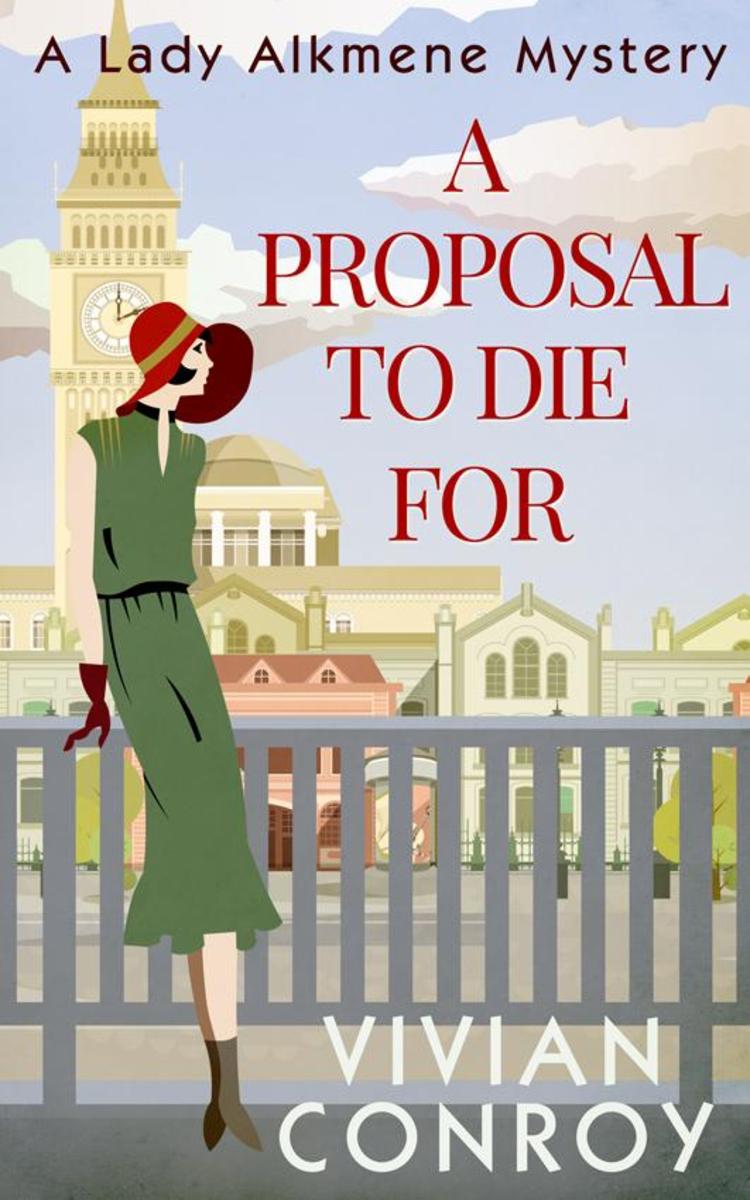
A Proposal to Die For (A Lady Alkmene Callender Mystery, Book 1)
¥44.44
A murderous beginning With her father away in India, Lady Alkmene Callender finds being left to her own devices in London intolerably dull, until the glamorous Broadway star Evelyn Steinbeck arrives in town! Gossip abounds about the New York socialite, but when Ms Steinbeck’s wealthy uncle, Silas Norwhich, is found dead Lady Alkmene finds her interest is piqued. Because this death sounds a lot to her like murder… Desperate to uncover the truth, Lady Alkmene begins to look into Ms Steinbeck’s past – only to be hampered by the arrival of journalist, Jake Dubois – who believes she is merely an amateur lady-detective meddling in matters she knows nothing about! But Lady Alkmene refuses to be deterred from the case and together they dig deeper, only to discover that some secrets should never come to light…
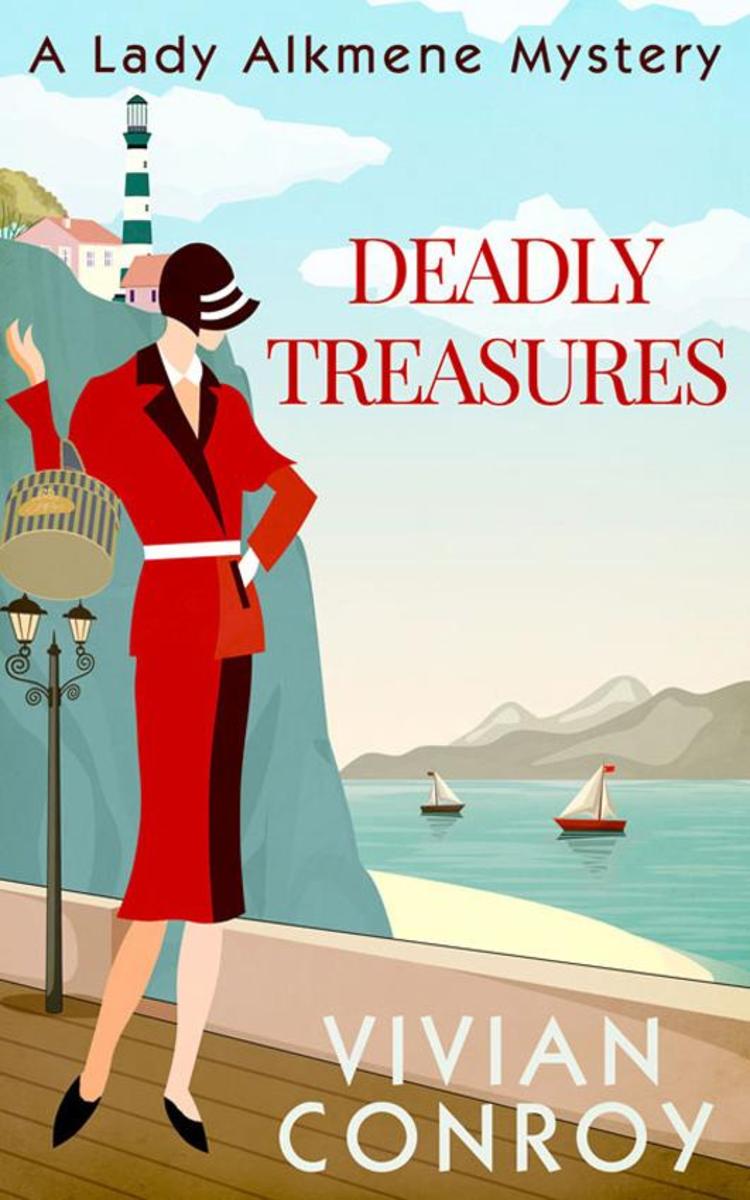
Deadly Treasures (A Lady Alkmene Callender Mystery, Book 3)
¥44.44
Murder on the coast Lady Alkmene Callender has little interest in marriage, especially when her father is up to his matchmaking tricks, but when the opportunity arises to visit an archaeological dig she cannot resist. However, when she arrives to find her potential groom under arrest for murder Lady Alkmene begins to wonder if she isn’t in the right place at the right time. Putting her extensive sleuthing skills to good use, Lady Alkmene along with reporter Jake Dubois, starts to investigate hoping to uncover the real killer before she too ends up six feet under…

Natural Alternatives to Antibiotics
¥76.91
Antibiotics have been one of the most succesful inventions of modern medicine - saving many millions of lives around the world. However, antibiotics aren't the trouble free pill for all ills we once thought. Over exposure to antibiotics through over pre*ion and also from the food chain means our immune systems are often lazy. Antibiotic resistant superbugs mean we need healthier immune systems than ever before.
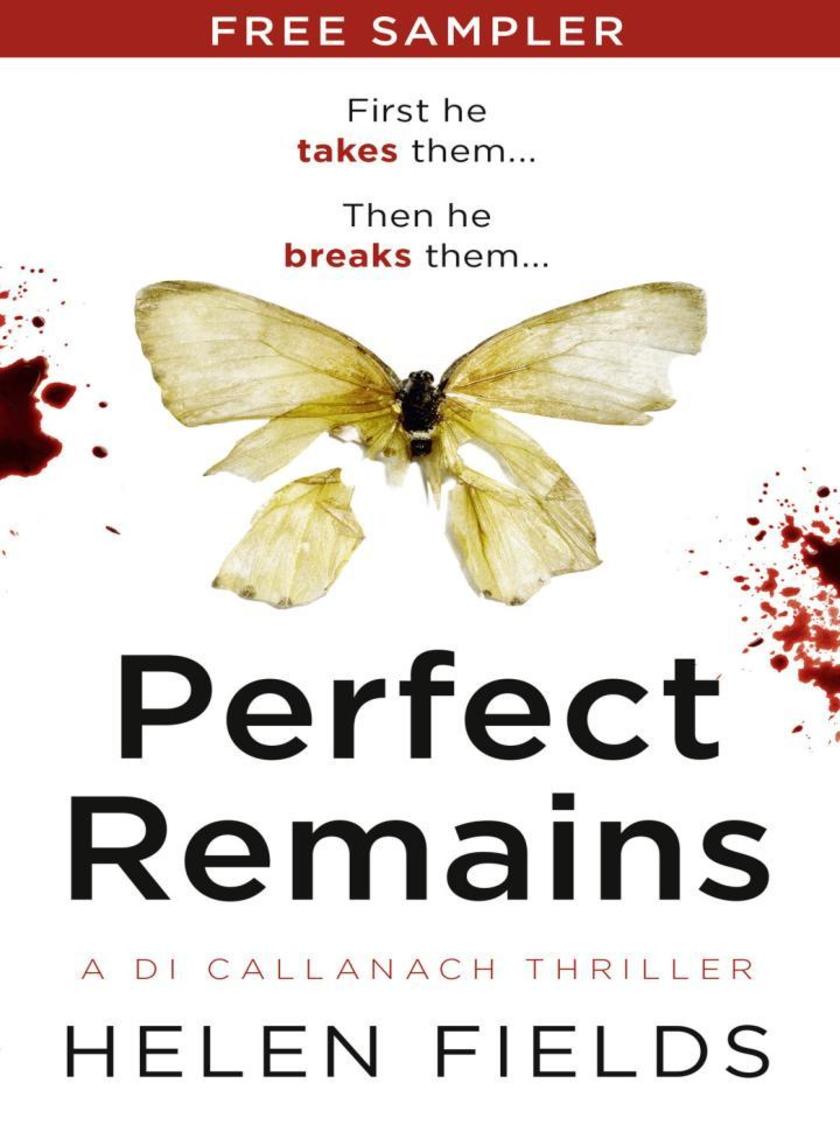
Perfect Remains (free sampler) (A DI Callanach Thriller)
¥48.95
The first in a nail-shredding new crime series. Fans of M.J. Arlidge will be gripped from start to finish. On a remote Highland mountain, the body of Elaine Buxton is burning. All that will be left to identify the respected lawyer are her teeth and a fragment of clothing. In the concealed back room of a house in Edinburgh, the real Elaine Buxton screams into the darkness. Detective Inspector Beau Callanach has barely set foot in his new office when Elaine’s missing persons case is escalated to a murder investigation. Having left behind a promising career at Interpol, he’s eager to prove himself to his new team. But Edinburgh, he discovers, is a long way from Lyon, and Elaine’s killer has covered his tracks with meticulous care. It’s not long before another successful woman is abducted from her doorstep, and Callanach finds himself in a race against the clock. Or so he believes … The real fate of the women will prove more twisted than he could have ever imagined. Fans of Angela Marson, Mark Billingham and M. J. Aldridge will be gripped by this chilling journey into the mind of a troubled killer.
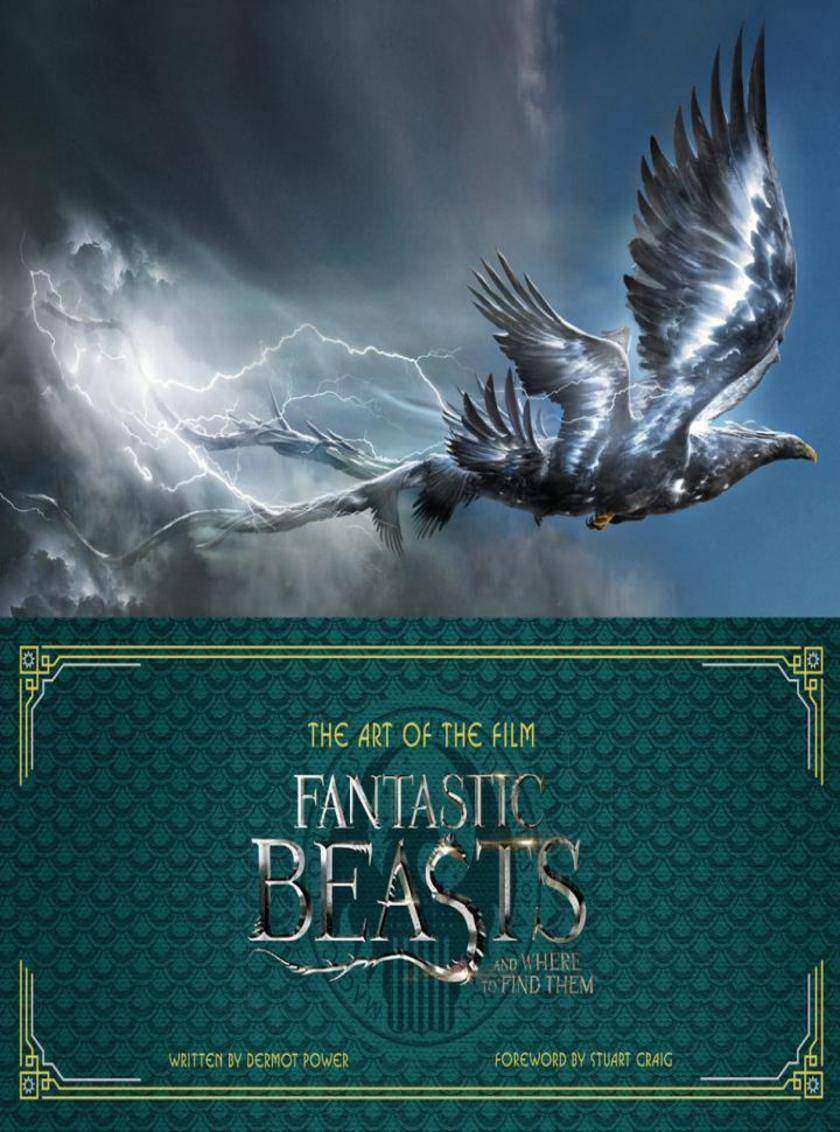
The Art of the Film:Fantastic Beasts and Where to Find Them
¥257.90
Step inside the world of the talented art departments who, led by Academy Award?-winning production designer Stuart Craig, were responsible for the creation of the unforgettable characters, locations and beasts from the eagerly anticipated new adventure in J.K. Rowling’s Wizarding World. The Art of Fantastic Beasts and Where to Find Them, edited by Dermot Power, concept artist on the film, takes you on a magical journey through a design process every bit as wonderful as that encountered by Newt Scamander in the wizarding world:from the earliest gatherings of the artists, designers and filmmakers to the magical time of the film’s production itself at Leavesden Studios. Bursting with hundreds of production paintings, concept sketches, storyboards, blueprints and matte paintings, and filled with unique insights about the filmmaking journey from Stuart Craig and the artists themselves, this superb book – officially licensed by Warner Bros. Consumer Products – presents a visual feast for readers, and will welcome fans of Harry Potter films into the world of Fantastic Beasts and Where to Find Them.

This Is Not A Diet Book:A User’s Guide to Eating Well
¥46.11
This Is Not A Diet Book is a collection of calm, practical tips and ideas on healthier, happier eating from award-winning food writer Bee Wilson. From unsweetening your palate to rethinking the lunchtime sandwich, This Is Not A Diet Book gathers together some of the wisest, most constructive advice for feeding you and your family.

Secrets Uncovered
¥14.62
Secrets Uncovered - Blogs, Hints and the inside scoop from Mills & Boon editors and authors
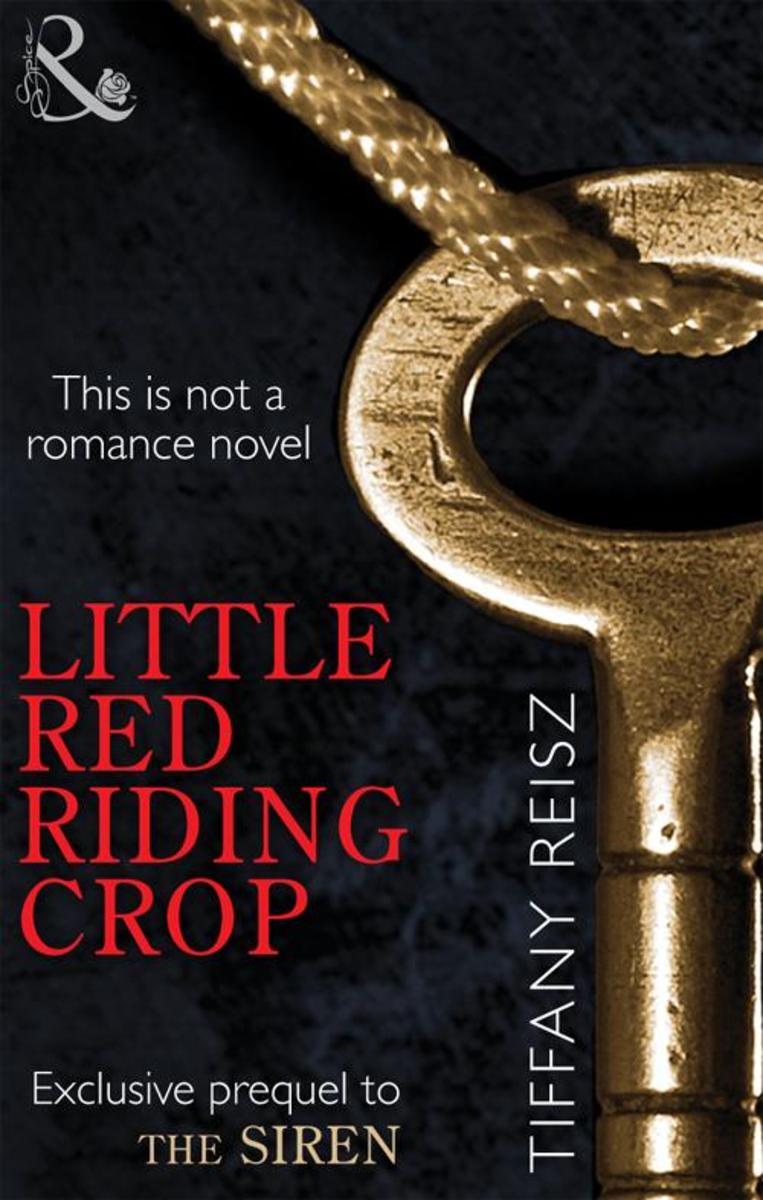
Little Red Riding Crop
¥11.77
BDSM erotica writer Tiffany Reisz fractures the famous Little Red Riding Hood fairy tale in this sexy short story, a free prequel to THE SIREN (Mira Books, August 2012). Mistress Nora needs a vacation. She might be the one flogging the clients, but Kingsley, her sexy French boss, is the real sadist who rarely gives her a day off. They strike a backseat deal:Nora gets one month off and a trip to Europe if she can sneak into a rival BDSM club and get the dirt on the owner. But she’ll need more than her little red riding crop when she comes face to face with Brad Wolfe, the one man who stands between her and freedom. Only readers 18 and older please.

Soul Strangers (Mills & Boon Spice Briefs)
¥15.40
She has come to Veracruz to heal. As the warm water of the Gulf envelops her, the ocean surges, swells, carresses her tender flesh. Suddenly he is standing there--a tanned, muscular stranger, beautiful and masculine, his smile brilliant and warm. She smiles back and he moves toward her. Soon, they touch, fondle, explore one another as the sensuous sea seduces them both. And as the sun descends, they discover new heights of passion and pleasure. Few words are spoken, no names are exchanged…yet for both of them, nothing will ever again be the same.

Demon's Seduction (Mills & Boon Nocturne Bites)
¥12.65
The hot young officer is a serious distraction, especially when his psychic abilities reveal their mutual attraction! However, there are others interested in Athena's work, too–people who will use any force necessary to get their hands on her research. But when it comes to protecting Athena, nothing will stand in Peter's way. . . not even time itself.

Home In Carolina (Sweet Magnolias, Book 5)
¥50.91
For Annie Sullivan, though, the homecoming is bittersweet. She'd always envisioned a life there with her childhood best friend, Tyler Townsend. But Ty's betrayal has cost her the family and the future they'd once planned. For Ty, losing Annie was heartbreaking. Still, he can't imagine life without the three-year-old son whose mother left him for Ty to raise. Ty wants it all—Annie, his child and the future he'd dreamed about—and he's back home in Serenity to fight for it. But getting Annie to forgive and forget may be the hardest challenge he's ever faced. With the stakes so high, this is one game he can't afford to lose.

Sweet Tea At Sunrise (Sweet Magnolias, Book 6)
¥50.91
With support from her two best friends—the newest generation of the Sweet Magnolias—she can face any crisis. But sometimes a woman needs more than even treasured friends can provide. Sexy Travis McDonald may be exactly what Sarah's battered self-confidence requires. The newcomer is intent on getting Sarah to work at his fledgling radio station…and maybe into his bed, as well. Sarah has learned not to trust sweet words. She'll measure the man by his actions. Is Travis the one to heal her heart? Or will he break it again?
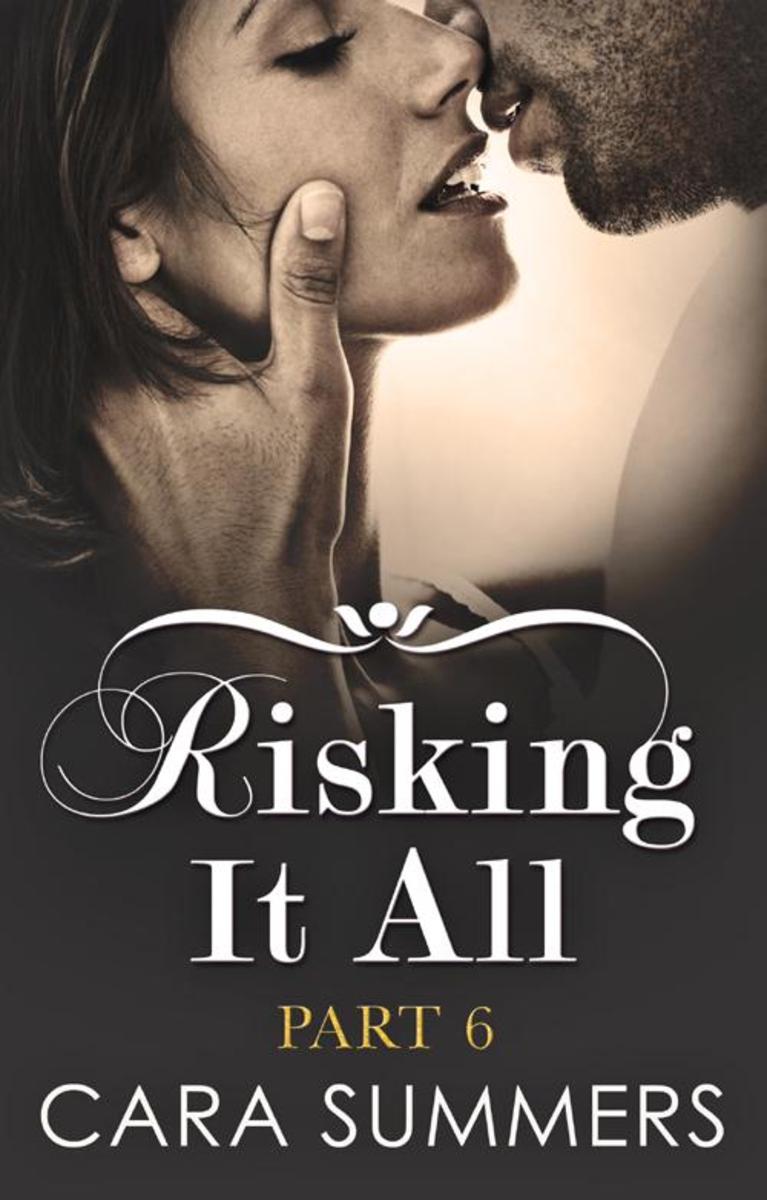
The Defender (Mills & Boon Blaze) (Risking It All, Book 6)
¥24.13
Or at least, that’s lawyer Sadie Oliver’s opinion. Even a simple handshake has her weak at the knees. If only there was time to explore the chemistry simmering between them… But there isn’t. Because Sadie desperately needs Theo’s help. Her brother lies in hospital facing a murder charge, and their sister is missing. And even Sadie herself is being followed by unsavoury-looking characters. Sadie’s not about to take it lying down (unless Theo asks, of course). She’ll play an active role in the case, disguised as a law student and Sadie will seem to be another of Theo’s male interns.
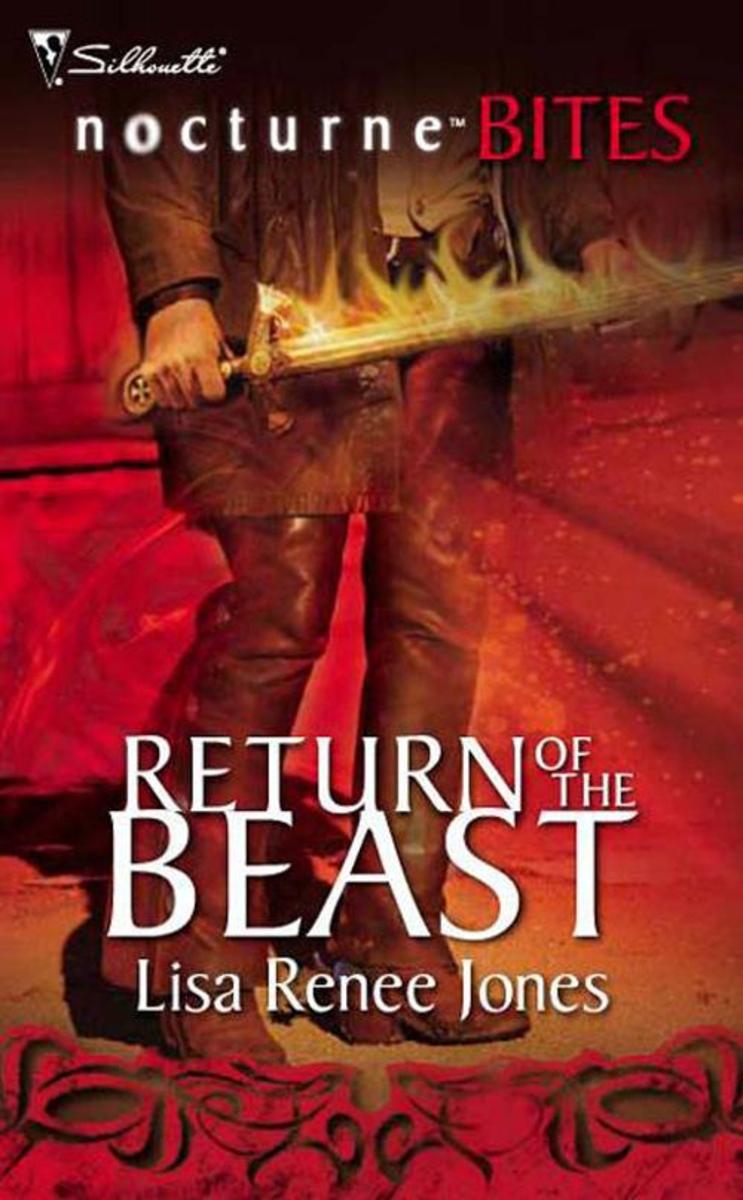
Return of the Beast (Mills & Boon Nocturne Bites)
¥12.65
Saved by an immortal after an attack by a Beast, Chris Avern is doomed to carry that beast within himself. It taints his soul with a darkness that can only be purged by finding his chosen mate. Now, as a Knight of White, a demon fighter caught up in an ancient war between good and evil, Chris must battle the soulless Darkland Beasts intent on reaking destruction upon humanity. Sent to save the hometown he left twenty-five years ago from an onslaught of Beasts, Chris comes to the rescue of ranch owner Alexis Wright. He is drawn to Alexis with a demanding passion that nearly overwhelms him and he recognizes immediately that Alexis must be his chosen mate. But, while he knows Alexis can be his salvation, he is torn by conflict. For to draw her into his world, he must put her life...and her soul...in unimaginable danger. Previously published by Harlequin.

Mia's Scandal (Mills & Boon M&B)
¥30.61
Billionaire Oscar Balfour’s daughters are the darlings of the tabloid press – so it’s no surprise that the arrival of an illegitimate Balfour girl sends the gossip columns wild! Mia needs to learn the gilt-edged ways of his world fast. Brooding Greek tycoon Nikos takes her on as his personal assistant. Can he come to her rescue?
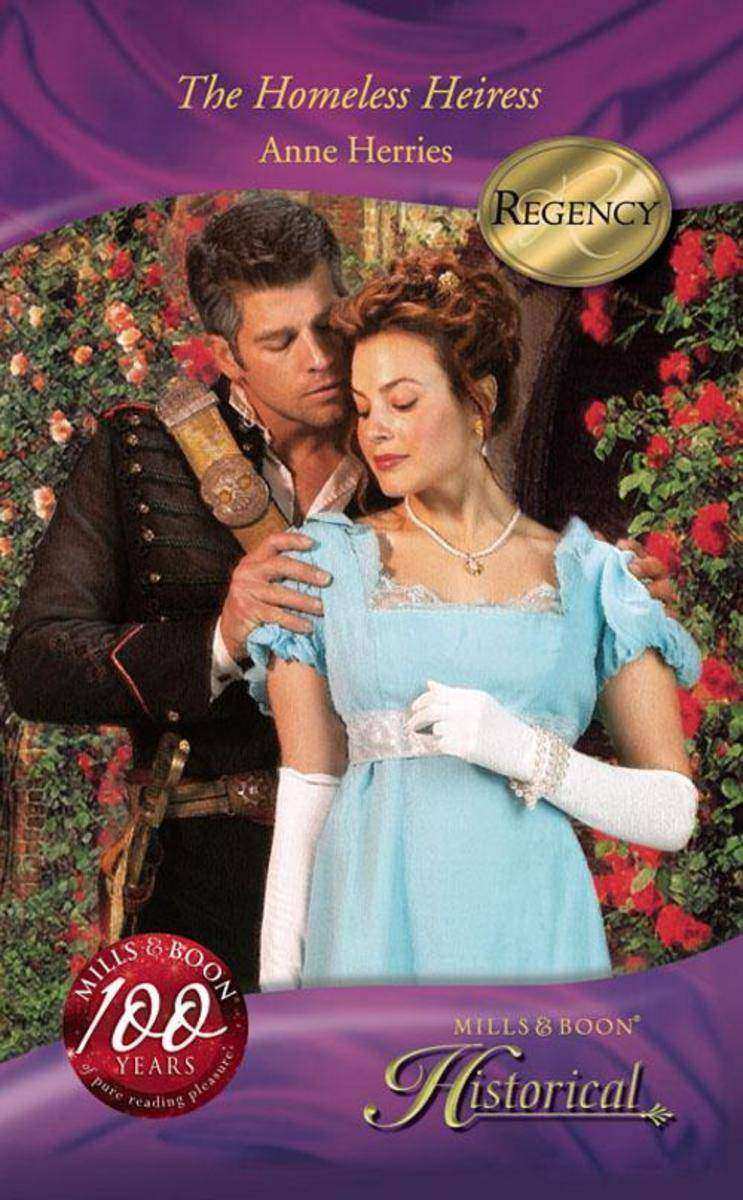
The Homeless Heiress (Mills & Boon Historical)
¥28.35
Indulge your fantasies of delicious Regency Rakes, fierce Viking warriors and rugged Highlanders. Be swept away into a world of intense passion, lavish settings and romance that burns brightly through the centuries From street pauper… Runaway Georgie is disguised as a boy, and living life on the streets after fleeing her scheming aunt and uncle. Cold, hungry and desperate, she’s forced to pickpocket. But Georgie thieves from the wrong man – the dashing Captain Richard Hernshaw! …to captain’s lady! The consummate Captain soon discovers the grubby boy is actually a pretty young woman – from a highly respectable family! He’s instantly attracted to the homeless heiress, but dark secrets of his own may prevent him from ever being able to make her his wife…
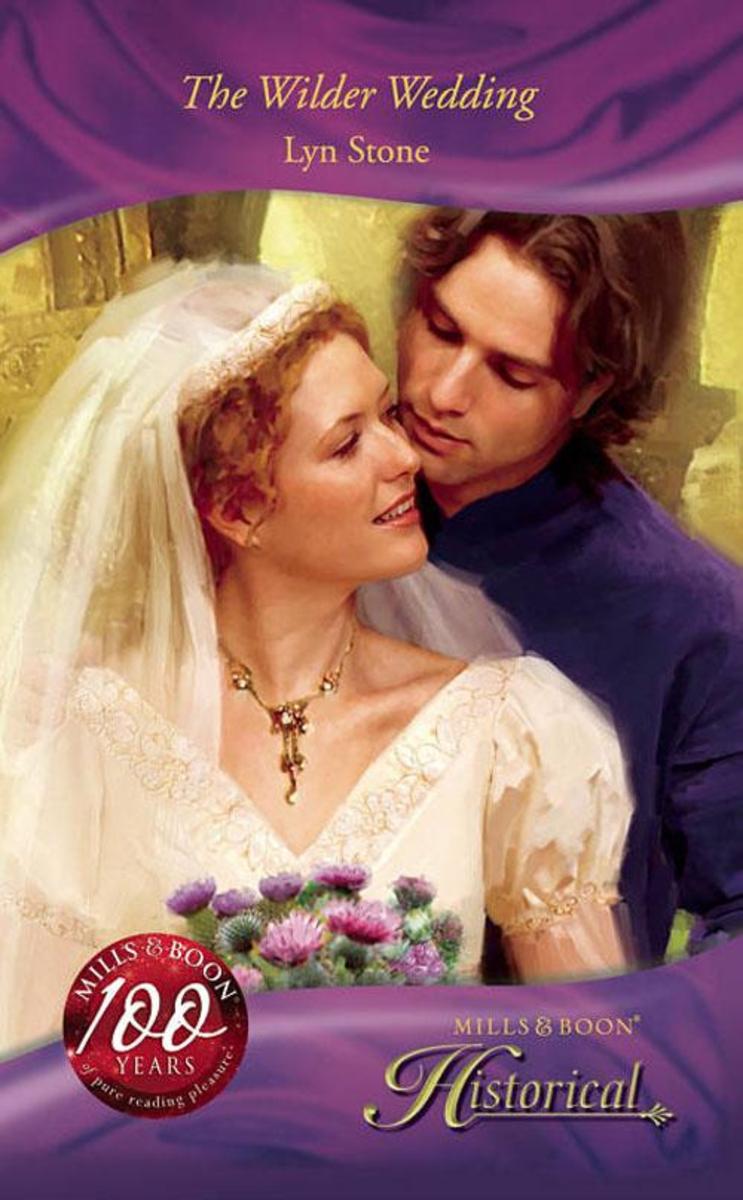
The Wilder Wedding (Mills & Boon Historical)
¥28.35
Indulge your fantasies of delicious Regency Rakes, fierce Viking warriors and rugged Highlanders. Be swept away into a world of intense passion, lavish settings and romance that burns brightly through the centuries She had found her man… Miss Laura Middlebrook wanted the chance to experience all that life could offer. For that, she needed a husband – fast. Dangerous daredevil Sean Wilder had to help her! Laura’s marriage would take her from the seedy underworld of turn-of-the-century Paris to the Society parties of London. But a man like Sean Wilder had made his share of enemies. And one of them was determined to make sure that the new couple’s happiness would be brief…
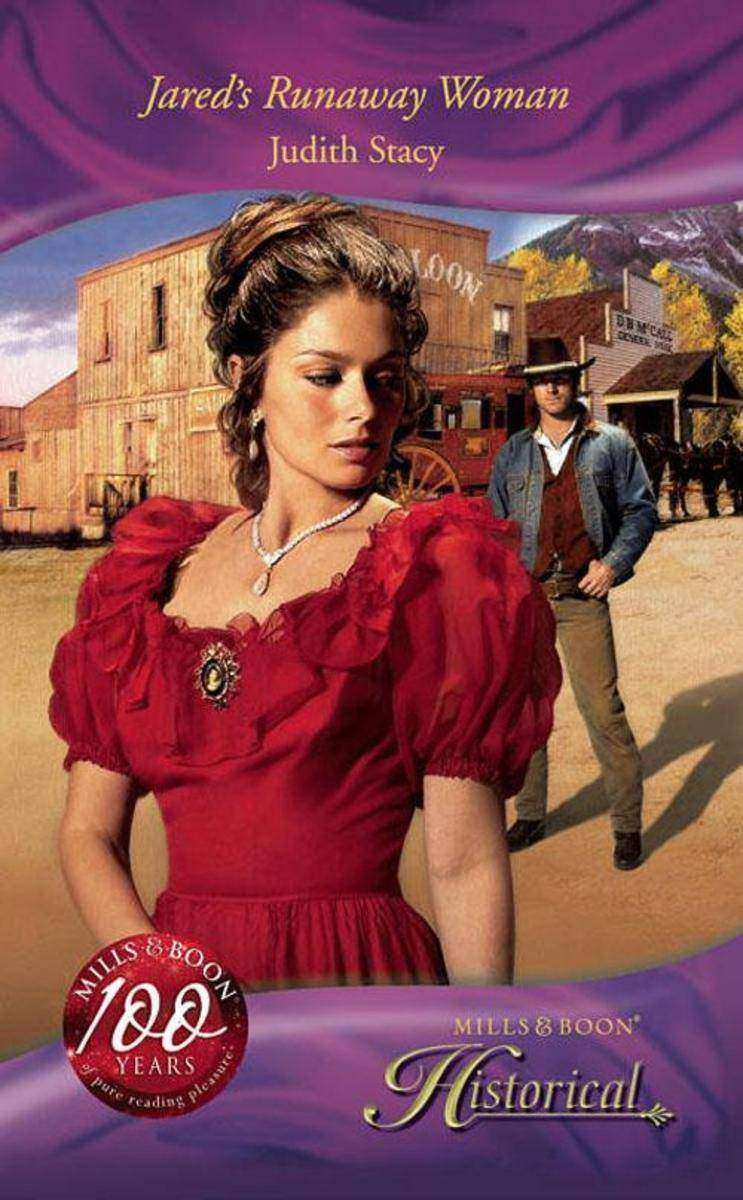
Jared's Runaway Woman (Mills & Boon Historical)
¥28.35
After years on the run, Kinsey Templeton has settled in Crystal Springs. But when a handsome stranger steps from the stagecoach, Kinsey knows her past has finally caught up with her. If she doesn't run she is in danger of losing everything she has ever fought for --- her respectability, her home and her son. Jared Mason has searched long and far for this woman, and he will not leave until he gets what he wants. But Kinsey surprises him in so many ways and, despite everything, he wants her. So Jared will just have to make sure she never runs again ...
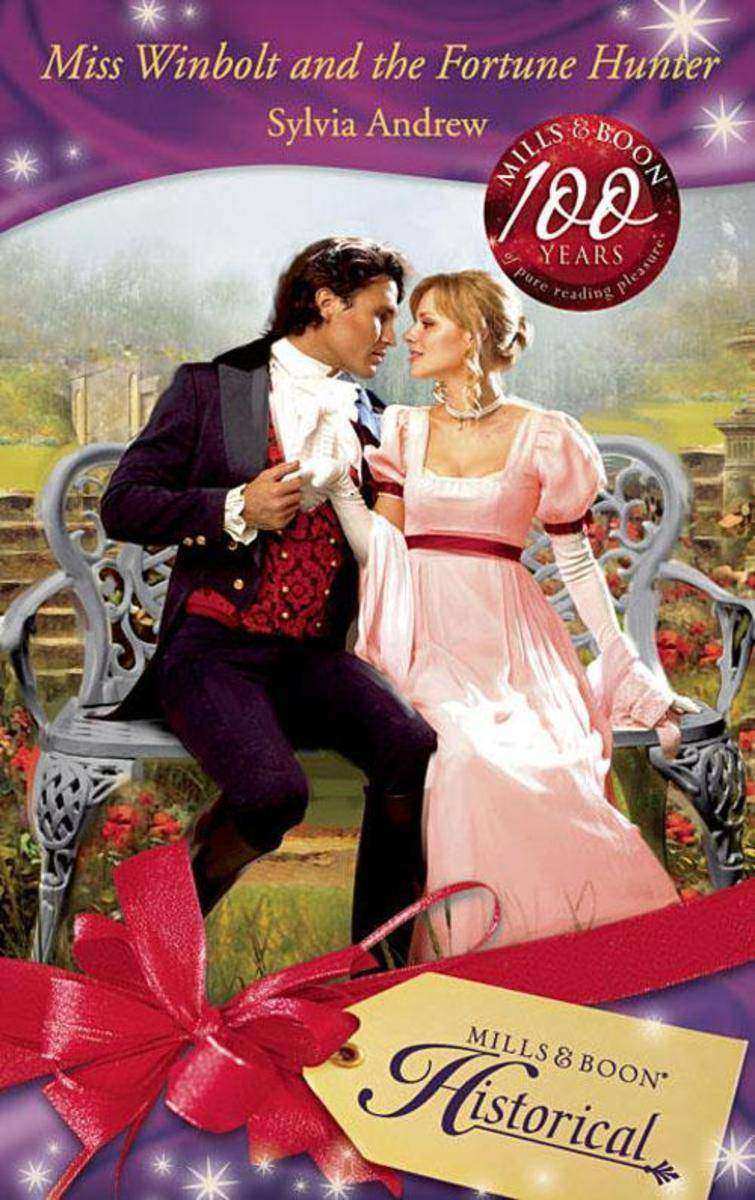
Miss Winbolt and the Fortune Hunter (Mills & Boon Historical)
¥28.35
Respected spinster Miss Emily Winbolt, so cool and cynical with would-be suitors, puts her reputation at risk after tumbling into a stranger's arms. Suddenly, bleak loneliness is replaced with a wanton, exciting sense of abandon. But Emily is an heiress, and her rescuer none other than Sir William Ashenden, a man of some distinction. He needs to marry, and she yearns to believe that William wants plain, upright, suddenly reckless Emily—not for her fortune, but for herself….

The Rake's Rebellious Lady (Mills & Boon Historical)
¥28.35
Caroline can't imagine settling into a dull, respectable marriage. Her zest for life and alluring innocence draw the attention of Sir Rathbone - who is far from dull But should she resist the attentions of the most sought-after bachelor in town?

A Cold Creek Holiday (Mills & Boon Cherish)
¥25.41
All Emery Kendall wanted was to flee painful memories of Christmases past. She craved distraction and healing, and the mountains of Idaho offered both...plus the key to a long-buried family secret. But when she met her host, rancher Nate Cavazos, she hardly got a warm welcome....The former army ranger's smoldering good looks masked deep emotional scars. And now he had his hands full as guardian of two orphaned nieces. That seemed to be all the involvement he could handle right now.Still, Nate couldn't ignore his fierce attraction to Emery or his nieces' instant attachment to her--until Emery's secret shattered their happiness. Would it be a lonely Christmas for four lost souls? Or the best family holiday ever?




 购物车
购物车 个人中心
个人中心



